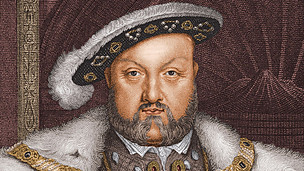Romanticism
From the late 18th to the middle of the 19th century there was an almost radical revolt against simple reasoning, the sciences, all authority and most traditions, against order and discipline, which overcame (and to a certain extent subdued) Western civilisation. This was the sweeping movement of Romanticism.
It meant social, political and moral reform, yes, but manifested itself above all in the arts; one could claim that the two major extremes of art are Classicism and Romanticism. Subsequent movements are generally regarded as being associated with one or the other. (more…)





